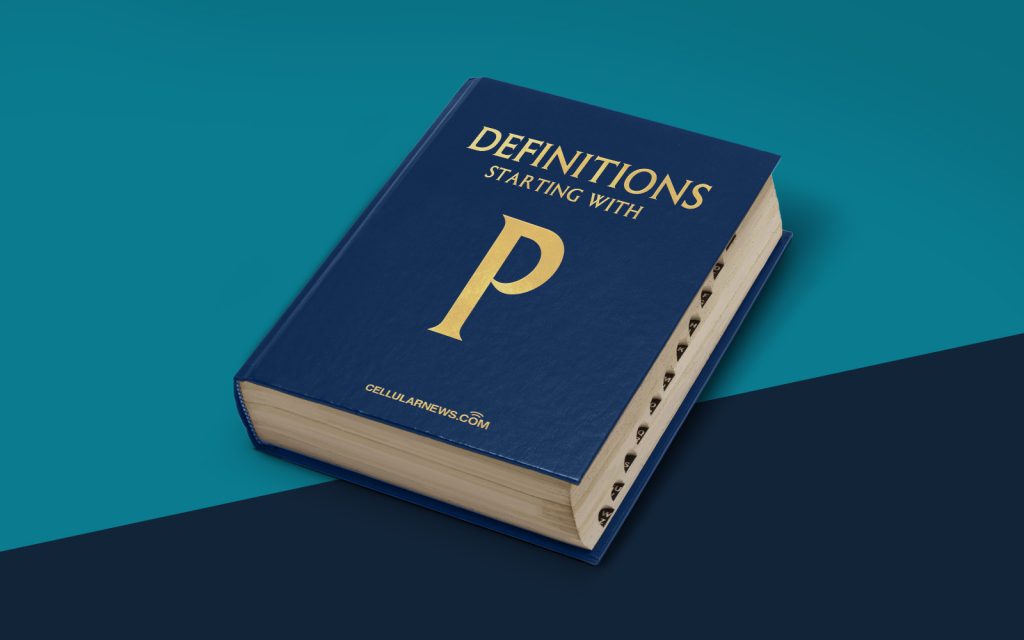
Unlocking the Power of Personal Health Records (PHRs)
Have you ever wondered what exactly a Personal Health Record (PHR) is? In today’s digital age, where data is at the forefront of our lives, a PHR is a vital tool that can help you take control of your health. In this blog post, we will delve into the world of PHRs, exploring their definition, benefits, and how they can revolutionize your healthcare experience.
Key Takeaways:
- A Personal Health Record (PHR) is a digital repository of your medical information, enabling you to access, manage, and share your healthcare data conveniently.
- PHRs offer numerous advantages, such as improved patient engagement, better coordination of care, and enhanced communication with healthcare providers.
Defining a Personal Health Record (PHR)
A Personal Health Record (PHR) is essentially an electronic tool that allows you to store, manage, and access your health information securely in one place. It serves as a digital repository for your medical history, diagnostic test results, medications, allergies, immunizations, and other relevant healthcare data. Unlike electronic medical records (EMRs) or electronic health records (EHRs), which are typically managed by healthcare providers, PHRs are controlled by individuals themselves, giving you full ownership and control over your health information.
Imagine having all your healthcare information at your fingertips, accessible through a user-friendly interface. With a PHR, you can keep track of your medical history, schedule appointments, set reminders for medications or follow-up visits, and even communicate securely with your healthcare providers. It empowers you to become an active participant in your own care, fostering a collaborative relationship between you and your healthcare team.
The Benefits of Personal Health Records (PHRs)
Now that you understand what a Personal Health Record is, let’s explore the numerous benefits it offers:
1. Improved Patient Engagement:
- PHRs encourage patients to take an active role in their healthcare management, leading to greater engagement and empowerment.
- By keeping track of your own health information, you can make more informed decisions about your health and actively participate in your treatment plans.
2. Better Coordination of Care:
- With a PHR, you can easily share your health records with different healthcare providers, ensuring seamless coordination and continuity of care.
- Healthcare professionals can access your medical history, lab results, and other critical information, leading to more effective and efficient care.
3. Enhanced Communication with Healthcare Providers:
- PHRs enable secure messaging between patients and healthcare providers, fostering better communication and eliminating the need for phone calls or handwritten notes.
- You can ask questions, request prescription refills, or share updates with your healthcare team conveniently and instantaneously.
These are just a few of the many advantages that a Personal Health Record (PHR) can offer. By utilizing this powerful tool, you can take charge of your health, improve your healthcare experience, and ultimately lead a healthier and happier life.
So, why wait? Explore the world of Personal Health Records (PHRs) and unlock the potential to revolutionize your healthcare journey today!
